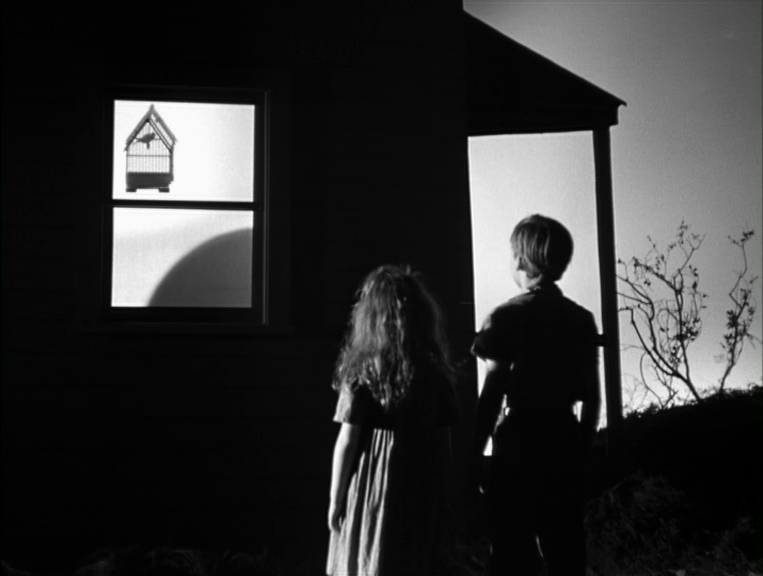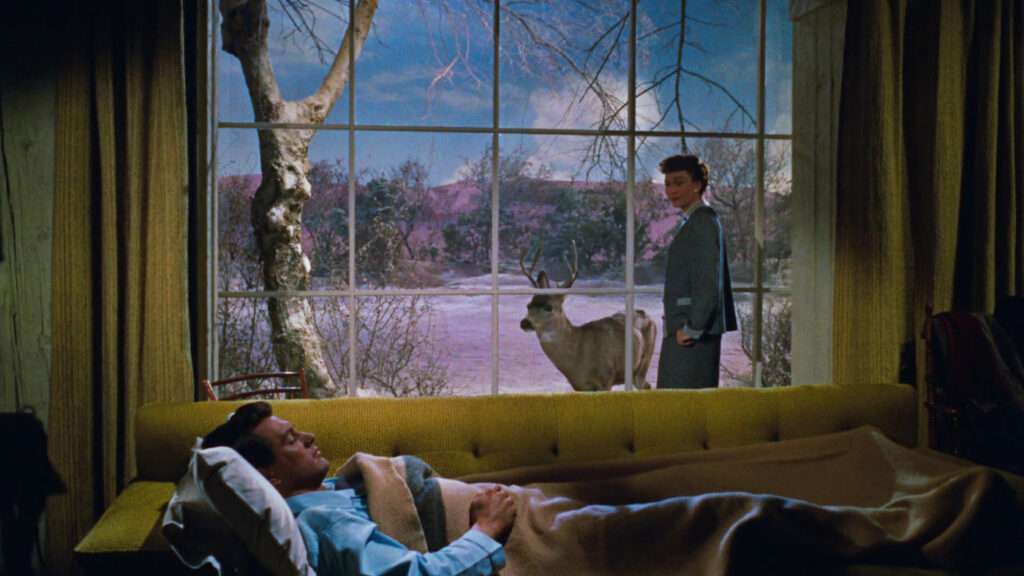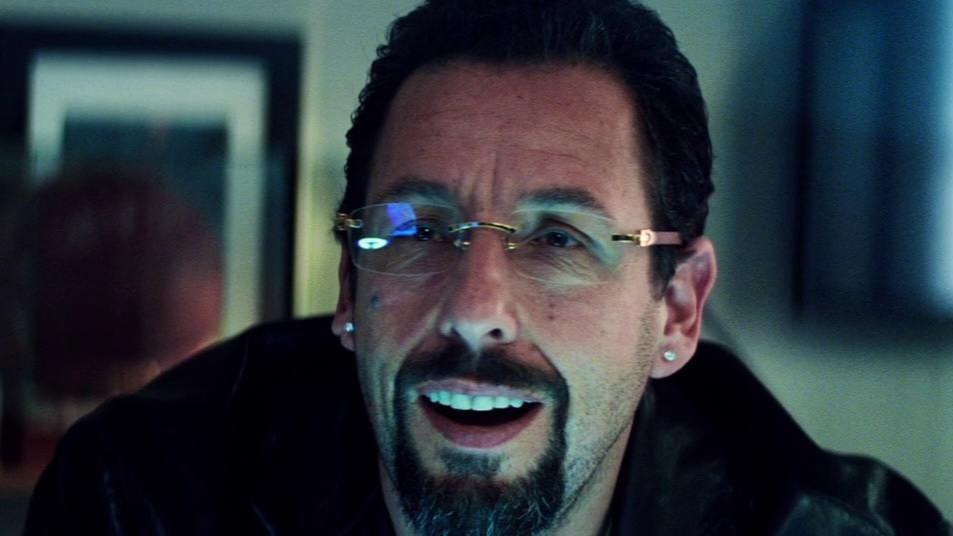“Night Train” (1959), directed by Jerzy Kawalerowicz, is a film that stands as a pinnacle of Polish cinema, offering a gripping narrative that unfolds within the confined and dynamic setting of a train journey. One of the critical elements that elevates this thriller is its masterful use of music, which plays a crucial role in enhancing the film’s suspense and emotional depth.
The film begins with a sense of mystery and intrigue, and the music sets the tone right from the opening scenes. The haunting, minimalist score by Andrzej Trzaskowski is instrumental in creating an atmosphere of tension and unease. The music’s subtlety mirrors the film’s visual style, where shadows and lighting are used to evoke a noir-like ambiance. The choice of music complements this aesthetic, drawing the audience into the claustrophobic and tense environment of the train.
Enhancing the Narrative
“Night Train” centers around the lives of its passengers, each with their own secrets and stories. The music accentuates these individual narratives, weaving them into the broader tapestry of the film. As the plot unfolds, the score shifts to reflect the emotional and psychological states of the characters. In moments of high tension, the music becomes more intense, with dissonant chords and unsettling rhythms that heighten the sense of impending danger.
Building Suspense
A key aspect of any thriller is its ability to maintain suspense, and “Night Train” achieves this with the deft use of music. The soundtrack is carefully timed to align with the film’s pacing, building anticipation and keeping the audience on edge. The music ebbs and flows with the train’s movement, creating a rhythmic undercurrent that mirrors the characters’ emotional journeys. This synchronization between sound and motion keeps viewers engaged, as they are constantly anticipating what will happen next.
Emphasizing Emotional Moments
Beyond suspense, the music in “Night Train” also serves to underscore the film’s emotional moments. During scenes of introspection or revelation, the score shifts to a more melodic and contemplative tone. This musical contrast provides a respite from the tension, allowing the audience to connect with the characters on a deeper level. The music thus acts as an emotional bridge, guiding viewers through the film’s complex narrative layers.
Cultural Context
The choice of music in “Night Train” also reflects the cultural and historical context of Poland in the late 1950s. The film was made during a period of artistic freedom following the political thaw in Poland, and its music embodies the innovative spirit of the time. The score incorporates elements of jazz and classical music, genres that were gaining popularity and symbolizing a break from traditional norms. This musical diversity enriches the film, offering a unique auditory experience that resonates with its themes of change and uncertainty.
Conclusion
The choice of music in “Night Train” is integral to its success as a thriller. The score not only enhances the film’s suspense and emotional depth but also reflects the broader cultural shifts occurring in Poland during its production. Through its masterful use of music, “Night Train” remains a timeless piece of cinema that continues to captivate audiences with its intricate blend of sound and storytelling.




